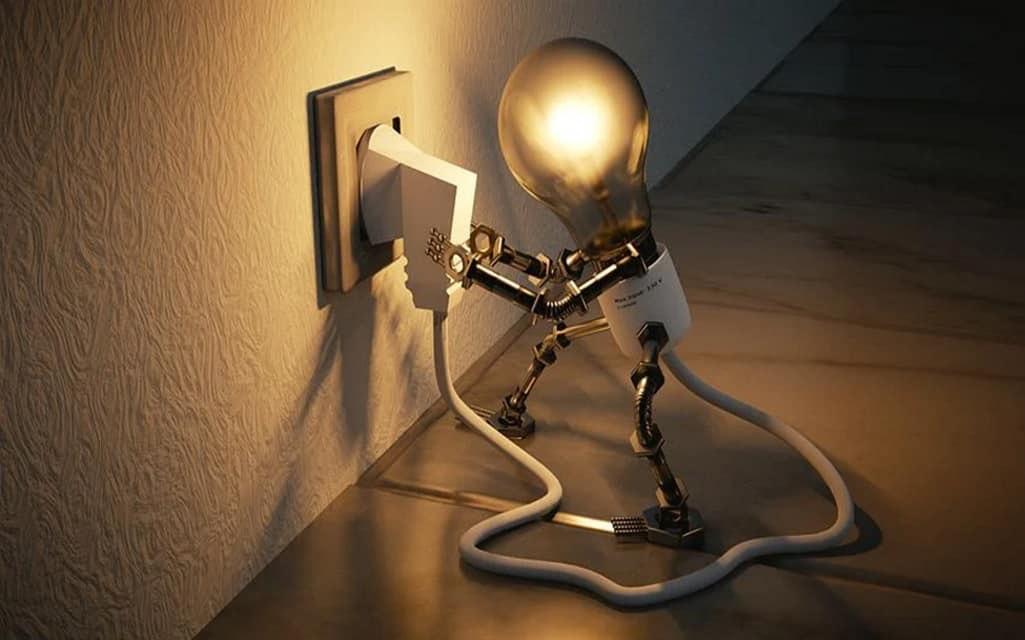People today are more aware of doing their part to help save the environment, and it starts with their own homes. The awareness of separating the garbage, fixing water leaks, and replacing energy-saving light bulbs are among most household’s contributions. People also consider changing their appliances from a conventional make to inverter types.
These deeds may be small, but when they are done on a collective scale, it has a significant impact on the environment. It would be a big help if everyone implemented these simple practices into their daily lives, both for the energy savings and people’s monthly energy expenses.
Here are five more energy-saving tips for your home:
- Turn off the fan if you are not using the room. – Most people have the idea that fans can cool the air in a place. Fans cannot make the air cooler but they push the warm and still air around the room. The motor of the fan uses enough energy to produce heat that adds to the warm temperature of the room. Turning the fan off will help save on electricity and reduce the amount of energy that contributes to the room’s warm temperature.
- Slide to close your long curtains or use window shades during the day. – If you can control the amount of sunlight that goes inside your house, it can help regulate the temperature of your home. You can also do the opposite during the cold season. You can let the sunlight in and trap its energy for heat control, instead of using heaters. You can control the amount of energy that the sun gives so that you won’t have to use your appliances to control the temperature of your house.
- Use cold water to wash your clothes. – Heating the water that you use for washing your clothes uses ninety percent of its energy. Washing your clothes with warm water only wastes energy because you can use cold water and have the same results. The high-efficiency washers and detergents will give you a significant lift in washing your clothes.
- When storing your foods and drinks in the refrigerator, cover them adequately. – Meals and beverages tend to release moisture when you store them in the fridge, causing the compressor to work harder to preserve the saved items. You should contain that moisture by putting plastic wrap on your food containers, or use a reusable container with a lid.
- Use the cold water faucet unless you need hot water. – Turning on the water heater requires a substantial amount of energy to achieve the desired temperature. Think about the volume of water that it needs to heat, the travel time through the pipes, and how long you will use the hot water. There’s too much energy wasted when using heaters for hot water. You should use cold water more, especially for cooking. Hot water lines can absorb lead and other contaminants, which can bring illness to your family.
Read More: Cost-Saving Ideas to Sustain Your Small Business
To help save energy for your home, follow these simple reminders and do some more research on how you can gain from saving energy in your home. You may also consider design and furniture alterations for your home to control the natural lighting and ventilation that helps in regulating the house’s temperature. The right foot traffic and airflow inside the house will help lessen the use of energy-consuming appliances. It would also help to take a look at your residential plans to see if it is appropriate for your current usage. You should remain consistent with all these reminders to help in the preservation of the environment.



